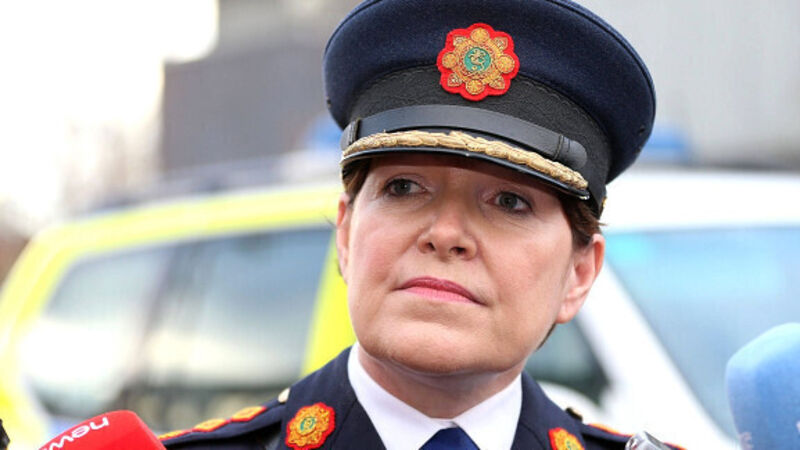Garda Commissioner: Refusing to buy bread was ‘best career move’

The first woman commissioner told a conference in Dublin Castle on the advancement of women’s rights and empowerment that her career path was a bit unusual.
“I got to power and decision-making through a combination of factors that nobody would ever put on a curriculum vitae if they wanted to get to the top of a police service,” she said.













